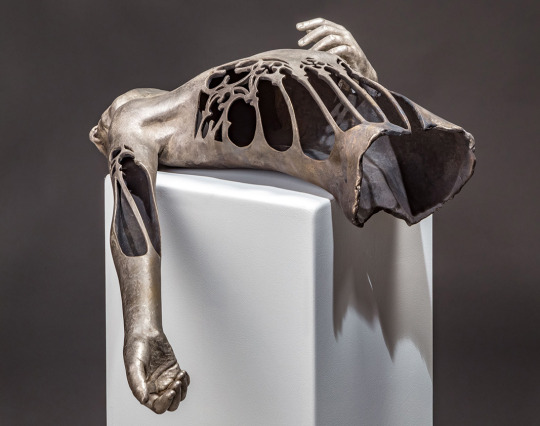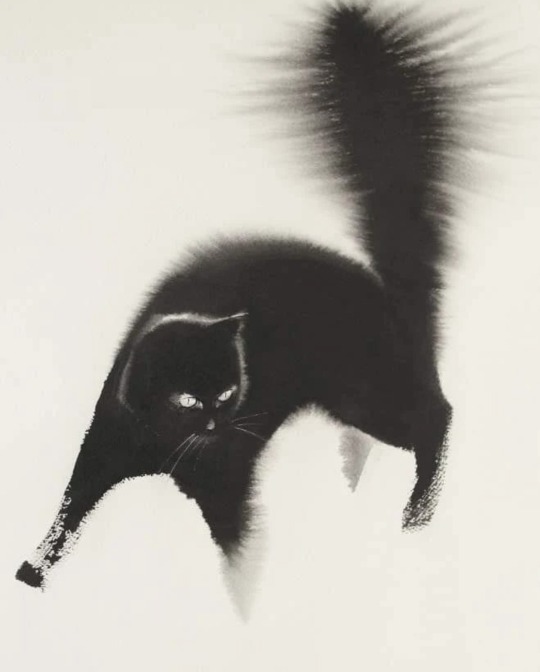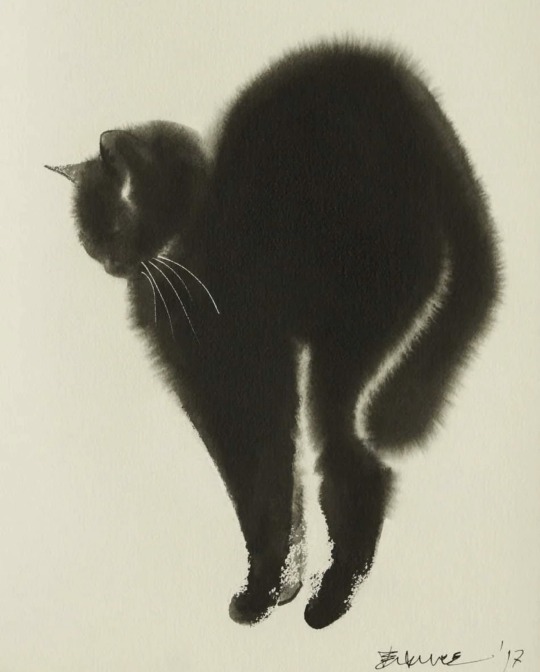Photo

©Adam Birkan
Updated my project, >Hanoi< check it out!
201K notes
·
View notes
Text







Chrome Hearts Store (1999) Located: Aoyama, Japan
1K notes
·
View notes
Text


Giveaw@y: We’re giving away these 13 vintage paperback classics! Won’t these look lovely on your shelf? =) Enter to win these classics by: 1) following macrolit on Tumblr (yes, we will check. :P), and 2) reblogging this post. We will choose a random winner on 5 July 2025. Good luck!
Follow our IG account to be eligible for our IG giveaw@ys. For full rules to all of our giveaw@ys, click here.
2K notes
·
View notes
Text


Giveaw@y: We’re giving away these 13 vintage paperback classics! Won’t these look lovely on your shelf? =) Enter to win these classics by: 1) following macrolit on Tumblr (yes, we will check. :P), and 2) reblogging this post. We will choose a random winner on 5 July 2025. Good luck!
Follow our IG account to be eligible for our IG giveaw@ys. For full rules to all of our giveaw@ys, click here.
2K notes
·
View notes
Photo


Tracery: A Symphony in Bronze by Timothy Cleary
7K notes
·
View notes
Text
hey man. nice regional dialect. mind if i apply some baseless assumptions about your personhood to it? i was also gonna prescribe morality to it as well. if that’s cool with you
61K notes
·
View notes
Text

"You've got to tell the world how to treat you. If the world tells you how you are going to be treated, you are in trouble."
- James Baldwin
522 notes
·
View notes
Text
Phase de recherche
Suivi de l’actualité pour comprendre psychologie de ceux qui le font
Archives, articles, journaux
Ecouter les concernés: aller à la rencontre des témoins
Archives crimes ? à regarder
Creuser angoisses humaines plutôt que se perdre dans les détails de la recherche
Trouver autobiographie de quelqu’un qui a vécu en banlieue
0 notes


















